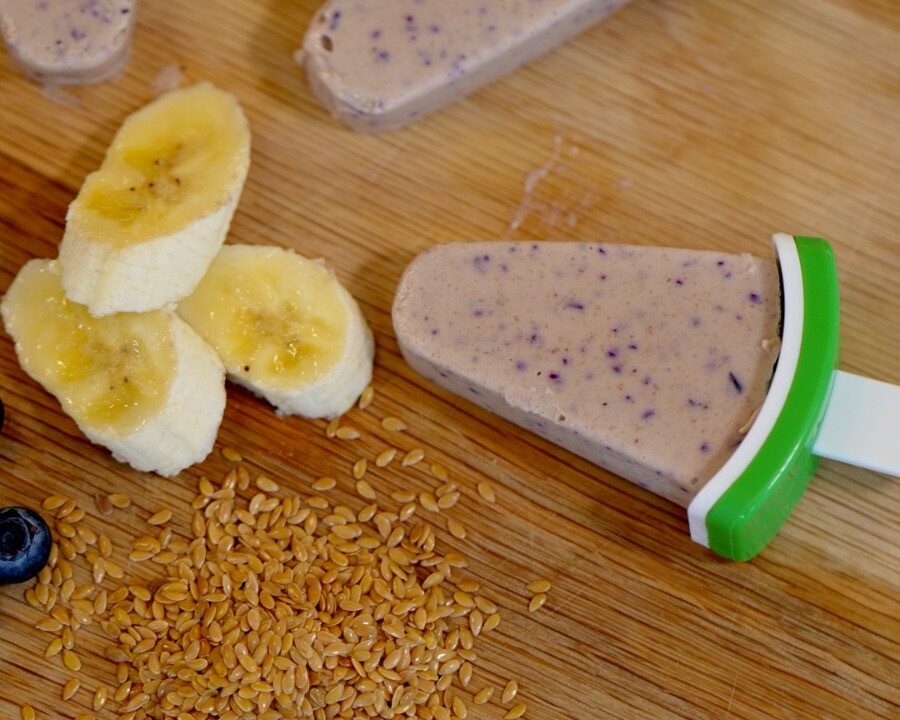A movement is gaining momentum in the US, and it is against the modern “health and wellness” industry. A viral New York Times op-ed called “Smash the Wellness Industry” gained popularity as the writer poked holes in the “wellness” culture that she views as extremely problematic and harmful for women in particular. In efforts to separate her sense of worth from her appearance and embark on a new relationship with food and body image, the author tried intuitive eating.
Intuitive eating is an evidence-based approach to eating that was originally designed to help chronic dieters get back in tune with their body’s unique needs, rather than rely on external food rules to determine what, when and how much they eat, according to Self.
The system at its core is listening to your body’s signs for when you are hungry, and when you are not, regardless of what time it is, how many calories you’ve consumed that day, and other factors.
The research shows that not only can this alleviate the emotional rollercoaster of “dieting,” but it can improve physical health. “Yo-yo dieting in women may increase their risk for heart disease, according to a recent preliminary study presented to the American Heart Association. They might also promote behaviors that increase community and connection, like going out for a meal with a friend or joining a book club. These activities are sustainable and have been scientifically linked to improved health, yet are often at odds with the solitary, draining work of trying to micromanage every bite of food that goes into your mouth,” read the New York Times op-ed written by novelist Jessica Knoll.
“I feel lighter than I ever have. Food is a part of my life — a fun part — but it no longer tastes irresistible, the way it did when I told myself I couldn’t have it. My body looks as it always has when I’m not restricting or bingeing. I’m not ‘good’ one day so that I can be ‘bad’ another, which I once foolishly celebrated as balance,” Knoll continued.
Intuitive eating is also about satisfaction and does not rule out any food groups. For example, you may eat foods that are traditionally thought of as “unhealthy” such as chips and fries, if you really want to eat them. This is intended to reduce the guilt associated with eating and satisfy cravings. This reduces the mental chatter associated with depriving yourself and decreases the chances of binge eating.
“My binges stopped once I stopped judging myself for wanting to eat the foods “wellness” vilified, sometimes for reasons other than physical hunger… The diet industry is a virus, and viruses are smart. It has survived all these decades by adapting, but it’s as dangerous as ever. In 2019, dieting presents itself as wellness and clean eating, duping modern feminists to participate under the guise of health. Wellness influencers attract sponsorships and hundreds of thousands of followers on Instagram by tying before and after selfies to inspiring narratives. Go from sluggish to vibrant, insecure to confident, foggy-brained to cleareyed. But when you have to deprive, punish and isolate yourself to look ‘good,’ it is impossible to feel good. I was my sickest and loneliest when I appeared my healthiest,” wrote Knoll.
One of the core principles of intuitive eating is respecting your body, or at the very least, learning to accept it as it is, per Self. In this regard, many advocates of intuitive eating see a focus on weight loss as contradictory to body respect. Instead, they would recommend listening to their body’s natural cues and letting go of your desire to control your weight. Unlike traditional diet culture, intuitive eating aims to improve your relationship with food (and as a byproduct see better health outcomes) and improve mental health.
If dieting and body image are topics that you struggle with, consider working with a licensed therapist.




